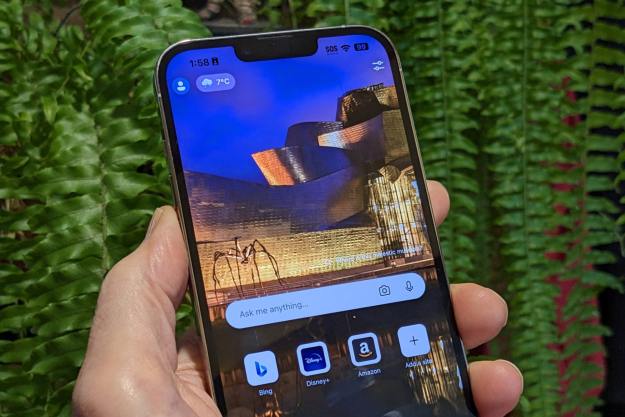After CDW’s first poll of IT decision makers found sluggish Windows Vista adoption in the business world, the tech vendor tried again [PDF] and found things are looking… slightly better.
The good news for Microsoft might be that 86 percent of organizations still plan to eventually implement Windows Vista, and eight percent more are evaluating it. The bad news is that they are definitely taking their time getting there. Only one percent of those surveyed reported that their companies had already switched, and a meager 19 percent said that they would complete the transition in the next year. For the rest, it looks like Vista implementation is well down the road. Worse yet, the percentage of respondents who said they never plan to upgrade actually increased from 15 to 19 percent between surveys.
CDW points out that positive user feedback outweighs negative user feedback by two-to-one. However, the number of survey respondents who described their impressions of Vista as “somewhat unfavorable” more than doubled, from six percent in the original survey to 14 percent the second time around.
The top five reasons for not adopting Vista were the expectation of bugs in the first release, satisfaction with a current operating system, unclear benefits from upgrading, concerns about hardware requirements, and lack of IT staff.
Editors' Recommendations
- The 6 best business desktop PCs in 2024
- The best Dell laptops for business in 2024
- Built for business, this Dell laptop with 64GB of RAM is 35% off
- Windows 11 adoption is slowing, and we finally know why
- Ranking all 12 versions of Windows, from worst to best


